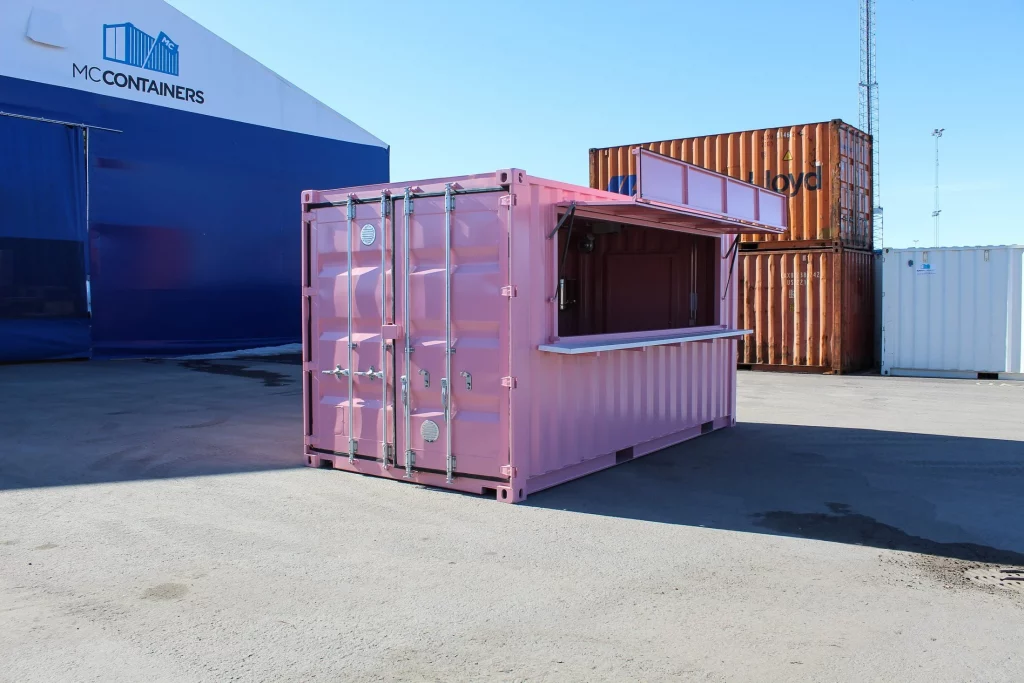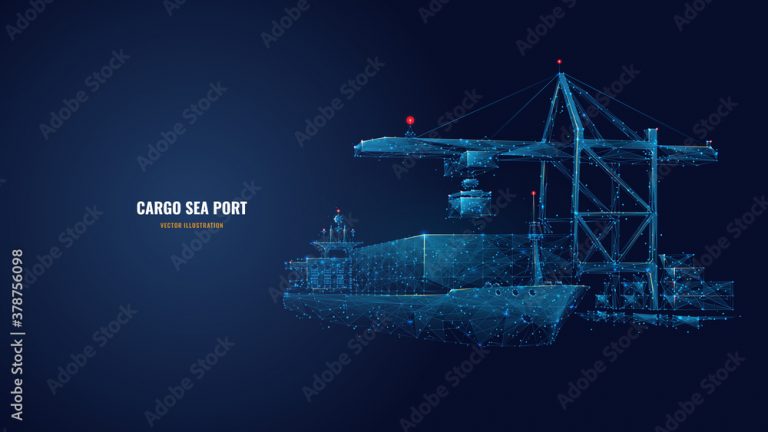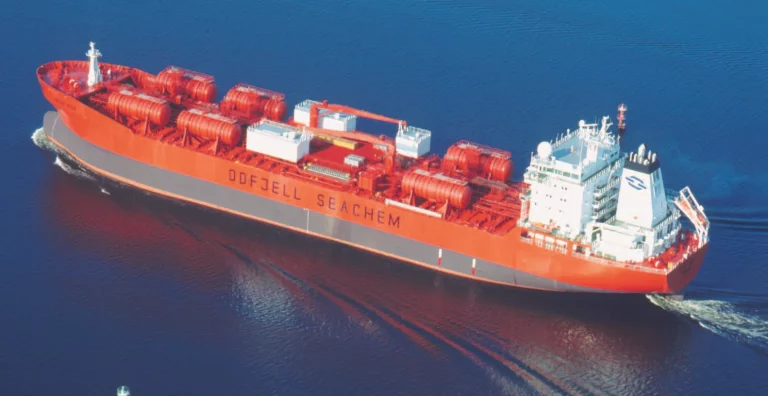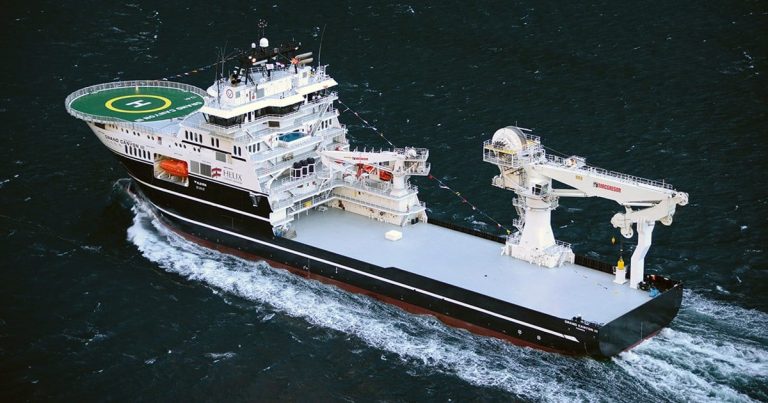
Specialized Containers Tailored Solutions for Unique Cargo
Specialized containers are designed to transport specific types of cargo that require special handling and protection. These containers are essential for ensuring the safe and efficient transportation of a wide range of goods, from delicate electronics to hazardous materials.
Types of Specialized Containers
- Insulated Containers:
- Designed to maintain specific temperature ranges, ideal for transporting perishable goods like fresh produce, pharmaceuticals, and frozen foods.
- Ventilated Containers:
- Equipped with ventilation systems to control airflow and humidity, suitable for transporting fruits, vegetables, and other perishable items that require controlled atmosphere.
- Open-Top Containers:
- Designed to transport oversized or heavy cargo that cannot fit into standard containers. The top can be removed or folded, allowing for easy loading and unloading.
- Flat-Rack Containers:
- Used to transport heavy machinery, steel products, and other oversized cargo.
- Tank Containers:
- Designed to transport liquid and gaseous substances, such as chemicals, food-grade liquids, and liquefied gases.
- Hazardous Material Containers:
- Specially designed to transport hazardous materials, such as chemicals and radioactive substances. They are equipped with safety features to prevent accidents and environmental damage.
Benefits of Specialized Containers
- Enhanced Protection: Tailored to specific cargo needs, these containers provide optimal protection against damage, spoilage, and contamination.
- Improved Efficiency: Specialized containers streamline the shipping process, reducing handling time and minimizing the risk of damage.
- Cost-Effective: By reducing product damage and loss, specialized containers can help to lower overall shipping costs.
- Environmental Benefits: By ensuring the safe and efficient transportation of goods, specialized containers can contribute to a more sustainable supply chain.
As global trade continues to grow, the demand for specialized containers will increase. By understanding the specific needs of different industries, manufacturers can develop innovative container solutions to meet the evolving demands of the global supply chain.
Would you like to know more about a specific type of specialized container or the challenges faced by the shipping industry in transporting specialized cargo?



